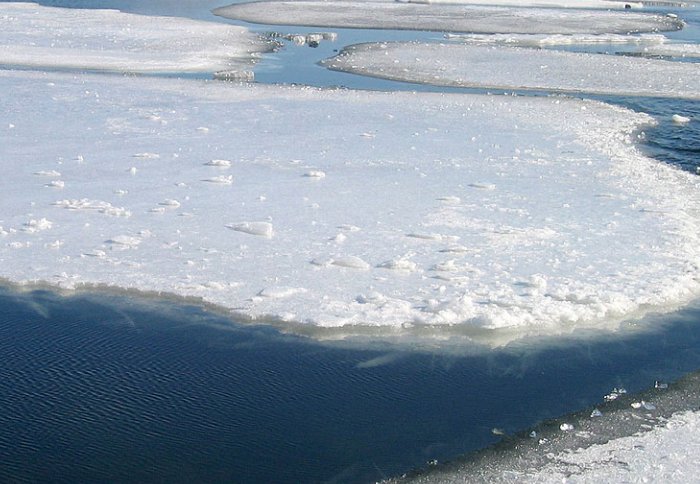Providing the evidence on climate change

The U.S. National Academy of Sciences and the Royal Society have released a joint publication on the evidence and causes of climate change.
The report has been written and reviewed by leading experts in both countries, and lays out which aspects of climate change are well-understood, and where there is still uncertainty and a need for more research.
One of the authors of the report is Professor Sir Brian Hoskins, Director of the Grantham Institute for Climate Change. Speaking via video link at the launch of the publication in Washington he said:
“We hope that people in the USA, UK and wider will find it useful to have a short document that gives clear responses to the sort of questions on climate change that they may have, put together by top climate scientists from both sides of the Atlantic.”
Some of the areas that the report covers include the recent slowdown in surface temperature warming and whether climate change affects the strength and frequency of extreme weather events.
It is hoped that the report will help inform policy debates about the choices available to nations and the global community for reducing the magnitude of climate change and adapting to its impacts.
“As two of the world’s leading scientific bodies, we feel a responsibility to evaluate and explain what is known about climate change, at least the physical side of it, to concerned citizens, educators, decision makers and leaders, and to advance public dialogue about how to respond to the threats of climate change,” said Ralph J. Cicerone, President of the National Academy of Sciences.
“Our aim with this new resource is to provide people with easy access to the latest scientific evidence on climate change, including where scientists agree and where uncertainty still remains,” added Sir Paul Nurse, President of the Royal Society. "We have enough evidence to warrant action being taken on climate change; it is now time for the public debate to move forward to discuss what we can do to limit the impact on our lives and those of future generations."
More information and a copy of the report can be found on the Royal Society website.
Article text (excluding photos or graphics) © Imperial College London.
Photos and graphics subject to third party copyright used with permission or © Imperial College London.
Reporter
Press Office
Communications and Public Affairs
- Email: press.office@imperial.ac.uk
